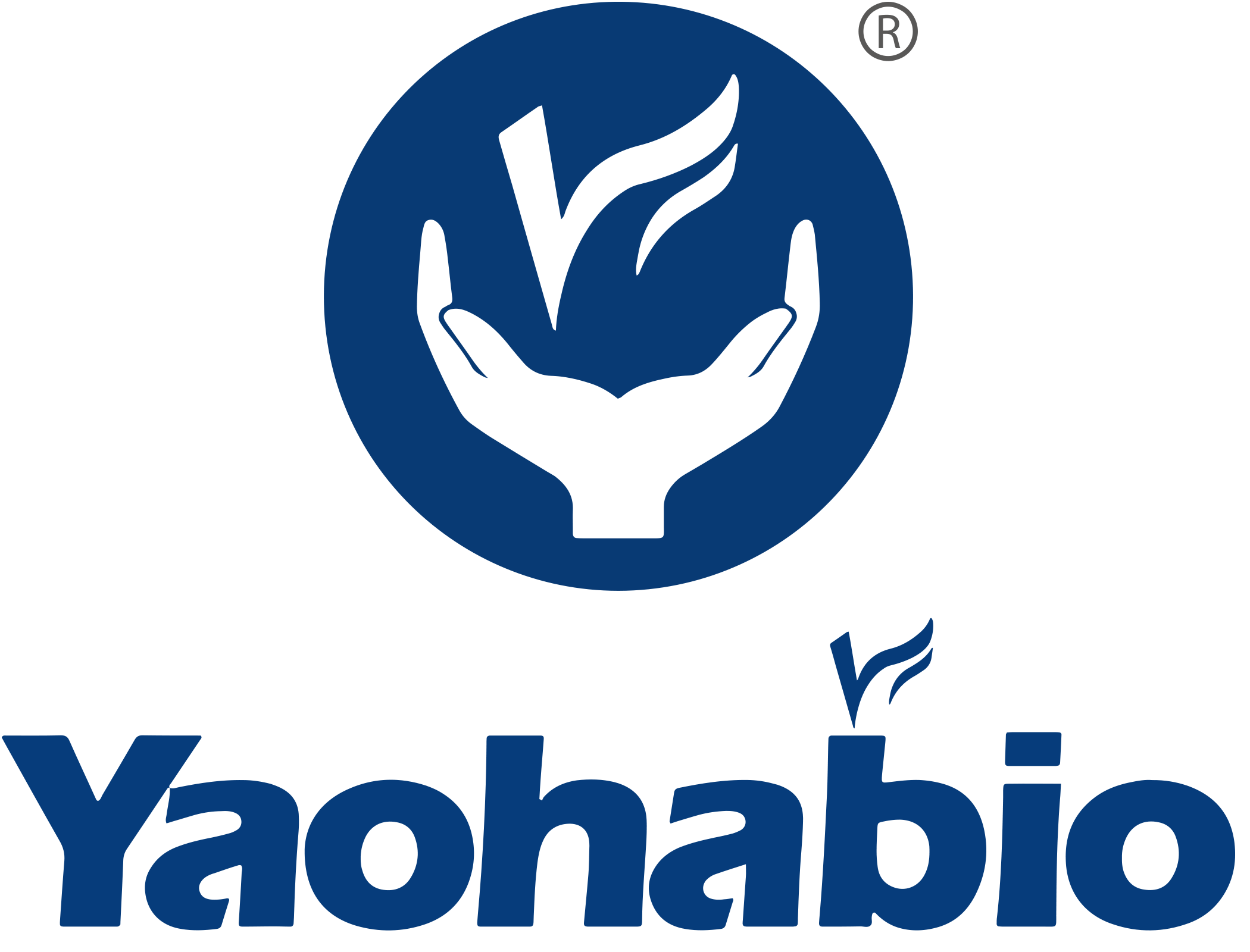Recombinant Protein Production: Engineered E. coli Strains
Escherichia coli (E. coli) has played a significant role in producing recombinant proteins in the biopharmaceutical industry, serving as the first expression vector for manufacturing biological medicine. E. coli boasts rapid growth, convenient genetic manipulation, and swift synthesis of recombinant proteins, among other advantages. Extensive modifications have made E. coli an optimal choice for protein expression, leading to the design of various engineered strains of E. coli.
Yaohai Bio-Pharma specializes in providing one-stop outsourcing services for the fermentation, purification, formulation process development, and production of a series of biopharmaceuticals using E. coli expression systems. Regarding the extensive experience of Yaohai, we summarized that four common E. coli strains are used for recombinant protein production and their features.
BL 21 strain
Derived from the E. coli B lineage, the BL21 strain lacks Lon protease and outer membrane protease OmpT. Lon protease primarily degrades exogenous proteins, while OmpT mainly degrades extracellular matrix proteins. The absence of these two key proteases can effectively prevent the degradation of recombinant proteins.
Origami strain
Origami strain, a derivative of E. coli K-12, has mutations in thioredoxin reductase and glutathione reductase, which facilitate the formation of correctly folded proteins containing disulfide bonds and enhance protein solubility. The Origami strain, including Origami, Origami 2, and Origami B, are suitable for the expression of active proteins containing disulfide bonds.
SHuffle strain
SHuffle strain constitutively expresses the disulfide bond isomerase DsbC in the cytoplasm, promoting the formation of correct disulfide bonds in oxidized proteins. It also serves as a molecular chaperone for protein folding, assisting in the formation of the correct conformation.
Rosetta strain
The Rosetta strain supplements E. coli with tRNAs corresponding to rare codons, aiming to improve the expression level of exogenous genes, especially eukaryotic genes, in prokaryotic systems. Derived from BL21 and carrying the chloramphenicol-resistant pRARE plasmid, it supplements six tRNAs corresponding to rare codons (AUA, AGG, AGA, CUA, CCC, and GGA) originally absent in E. coli, providing a more "universal" protein expression.
Conclusion
The three main factors for successful production of recombinant proteins are the host, vector, and culture conditions. Based on an understanding of the physicochemical properties of the recombinant protein, the unique advantages of each strain, and the specific needs of the experiment, the most suitable host should be selected. Additionally, factors such as plasmid vectors, temperature, and inducers should be optimized to enhance the protein expression.
Yaohai Bio-Pharma is also actively seeking institutional or individual global partners and offers the most competitive compensation in the industry. If you have any questions, please feel free to contact us: [email protected]
Hot News
-
Yaohai Bio-Pharma Passed EU QP Audit and Attains ISO Triple Certification
2024-05-08
-
BiotechGate, Online
2024-05-13
-
2024 WORLD VACCINE CONGRESS Washington
2024-04-01
-
CPHI North America 2024
2024-05-07
-
BIO International Convention 2024
2024-06-03
-
FCE COSMETIQUE
2024-06-04
-
CPHI Milan 2024
2024-10-08

 EN
EN
 AR
AR
 HR
HR
 CS
CS
 DA
DA
 NL
NL
 FI
FI
 FR
FR
 DE
DE
 EL
EL
 IT
IT
 JA
JA
 KO
KO
 NO
NO
 PL
PL
 PT
PT
 RO
RO
 RU
RU
 ES
ES
 SV
SV
 IW
IW
 ID
ID
 LV
LV
 LT
LT
 SR
SR
 SK
SK
 SL
SL
 UK
UK
 VI
VI
 ET
ET
 HU
HU
 TH
TH
 TR
TR
 FA
FA
 AF
AF
 MS
MS
 BE
BE
 MK
MK
 UR
UR
 BN
BN

